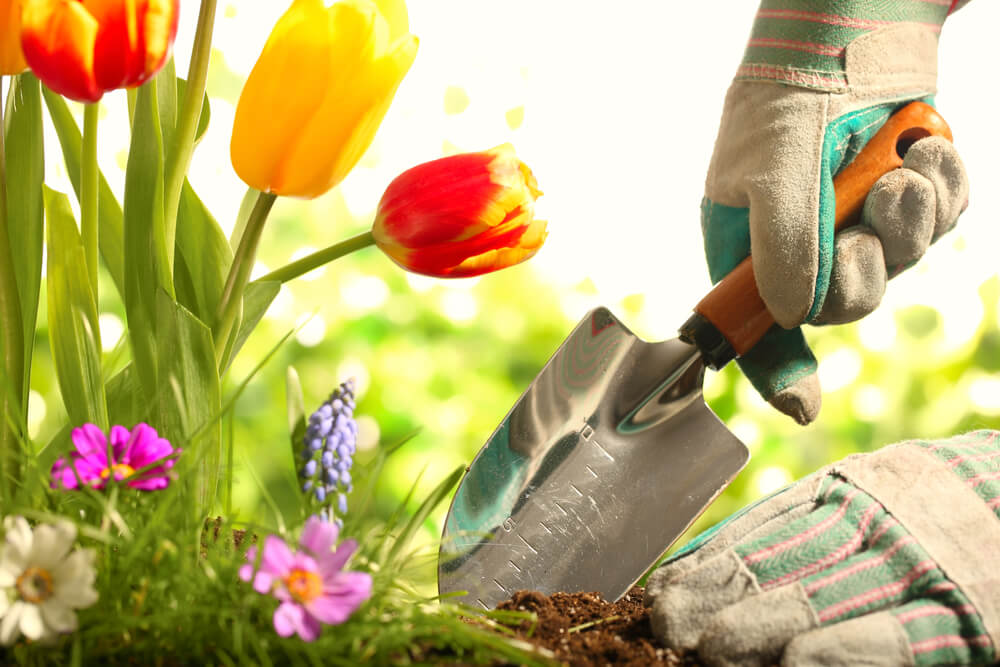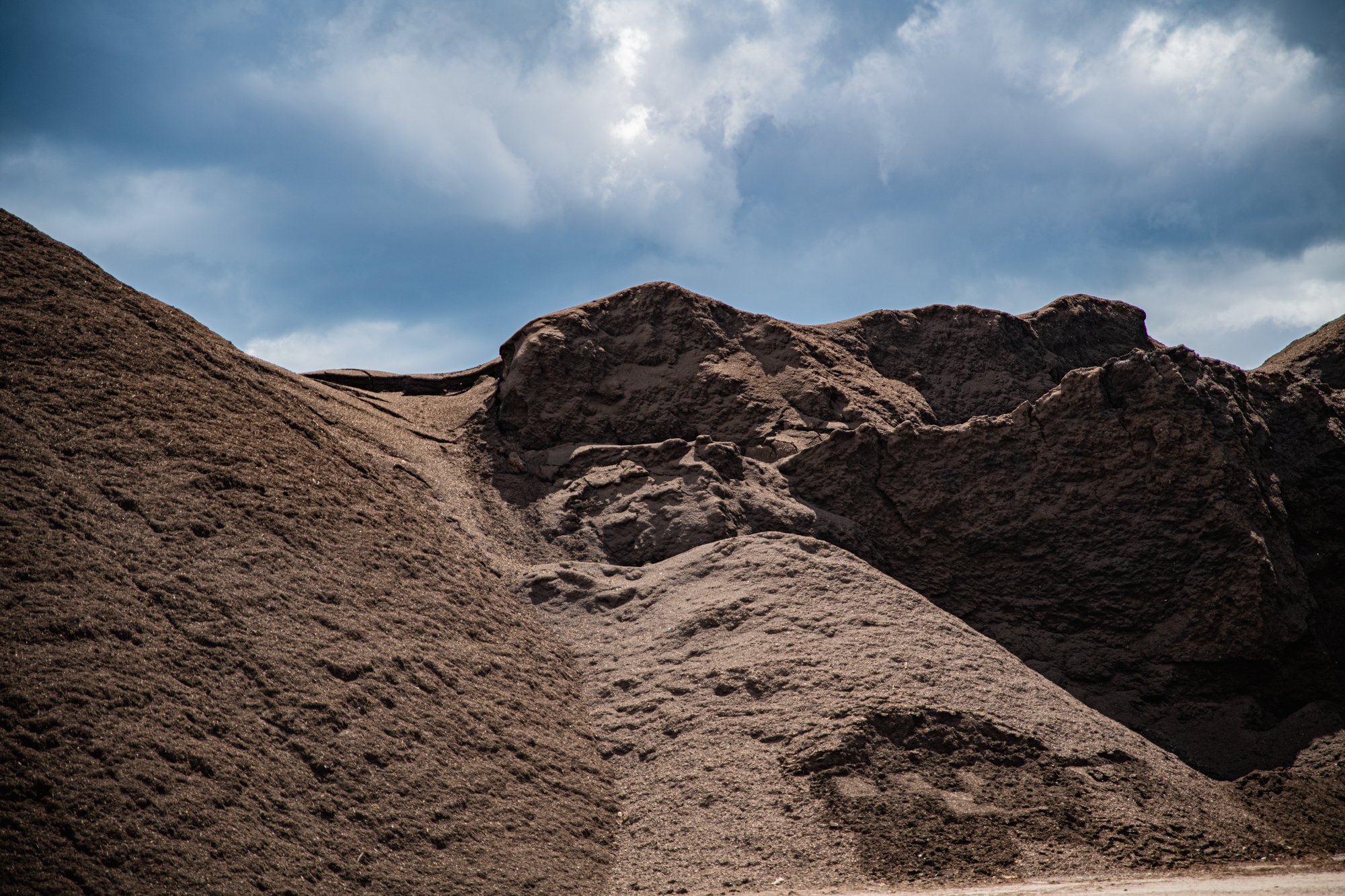
From backyard bins and household organics programs to large-scale facilities and statewide initiatives, the SMSC Organics Recycling Facility supports all types of composting. Celebrated worldwide each year during the first full week of May, International Compost Awareness Week (ICAW) is the largest and most comprehensive education initiative of the compost industry. This year, ICAW is May 5-11, and we couldn’t be more excited to recognize and celebrate the important and long-term benefits of compost.
Every year, ICAW features a unique theme. This year’s focus is COMPOST… Nature’s Climate Champion! The theme was chosen by participating international partners incorporating the collective focus on one of the initiatives of the United Nations Sustainable Development Goals (SDG), which is “Take urgent action to combat climate change and its impacts.”
The 2024 theme best reflects the U.N. goal by highlighting the role compost plays in fighting climate change. Those roles include:
- Decreasing methane: Methane, a greenhouse gas twenty-five times more powerful than carbon dioxide, can be significantly reduced through the recycling of organics instead of their being landfilled.
- Helping with climate change mitigation: Compost offers a significant answer to climate change mitigation. Compost’s return to the soil serves as a “carbon bank,” helping to store carbon thereby removing it from the atmosphere.
- Reducing fertilizer inputs: Reducing the pollution created to manufacture those inputs.
- Increasing resilience: Compost helps to increase resilience to the effects of climate change such as drought and extreme weather.
There are many benefits to both composting and using compost. Soil health is the foundation upon which all terrestrial ecosystems stand. It is a complex interplay of biological, physical, and chemical processes that, when in balance, create a medium capable of supporting life in abundance. Healthy soil regulates water, sustains plant and animal life, cycles nutrients, and supports structures. For the gardener, it means less erosion, fewer pests, and reduced need for chemical inputs.
In the context of spring planting, ensuring your soil is healthy is akin to setting the stage for the symphony of growth that is to follow. Enter compost, the maestro capable of orchestrating the complex symphony of soil health. Compost is decomposed organic matter that enriches the soil in several pivotal ways. Here’s how incorporating compost into your garden can elevate your spring planting:
- Nutrient Boost- Compost contains essential nutrients like nitrogen, phosphorus, and potassium—natural fertilizers that feed your plants. Unlike chemical alternatives, these nutrients are released slowly, providing a sustained feed throughout the growing season.
- Improved Soil Structure- Adding compost to your soil improves its structure, making it easier for roots to grow. It loosens clay soils, allowing better water and air penetration, and binds sandy soils, improving their water-holding capacity. This creates an ideal environment for roots to thrive, essential for young plants establishing in spring.
- Enhanced Water Retention- Compost acts like a sponge, holding onto moisture and releasing it slowly over time. This is particularly beneficial during the unpredictable weather of spring, ensuring plants have access to water between rains and reducing the need for irrigation.
- Disease and Pest Resistance- Healthy soil supports a diverse ecosystem, including beneficial microbes that can outcompete or even consume disease-causing organisms. Plants grown in compost-amended soils are generally more robust and better equipped to fend off diseases and pests.
- Carbon Sequestration- Composting and adding it to your garden is a form of carbon sequestration, capturing carbon dioxide from the atmosphere and storing it in the soil. This not only mitigates climate change but also enhances soil fertility.
Incorporating compost into your spring gardening routine is simple and profoundly effective. Begin by spreading a layer of compost over your garden beds before planting. For new plantings, mix compost directly into the planting holes. Throughout the growing season, use compost as a mulch to suppress weeds, retain moisture, and continue feeding your soil and plants.
During International Compost Awareness Week—May 5-11, 2024—the SMSC Organics Recycling Facility invites their residential customers to save 10% off their purchase of bulk compost or compost blends at the SMSC Organics Recycling Facility. Whether it’s planting flowerbeds or reseeding the lawn, they’ve got what your soil needs to thrive this season.


